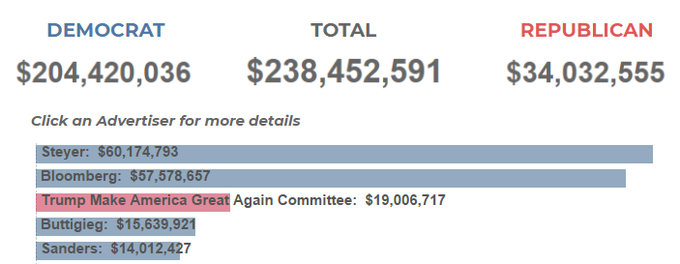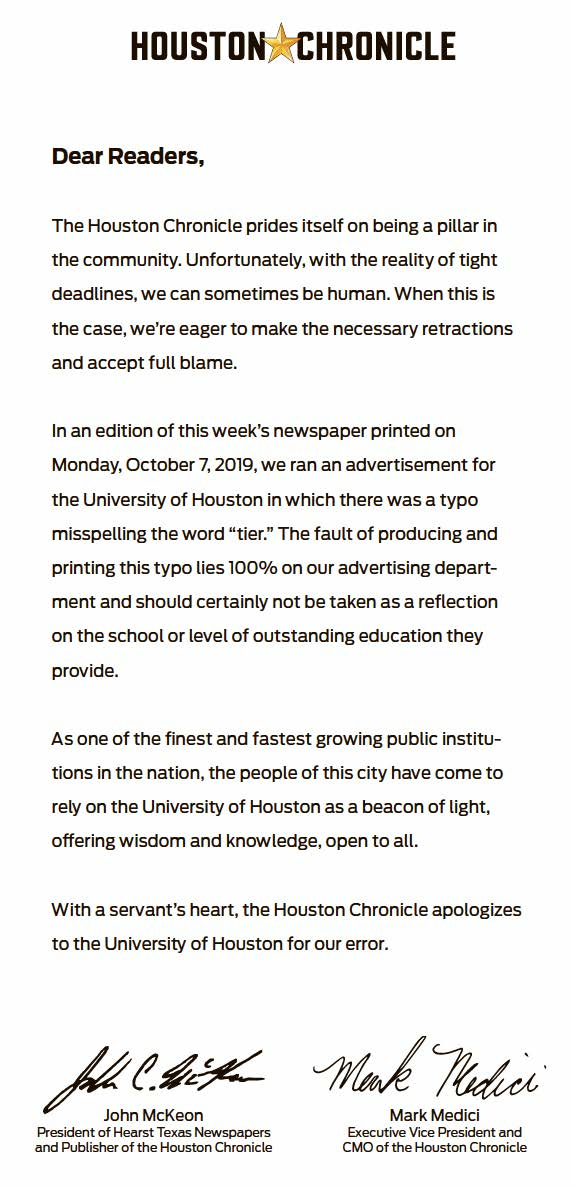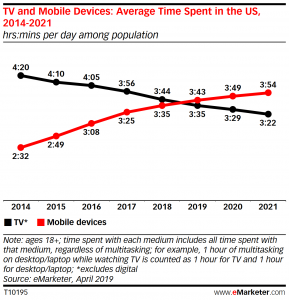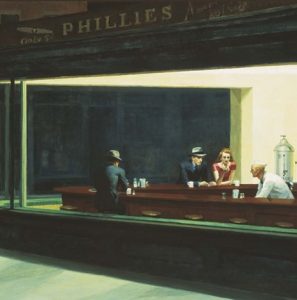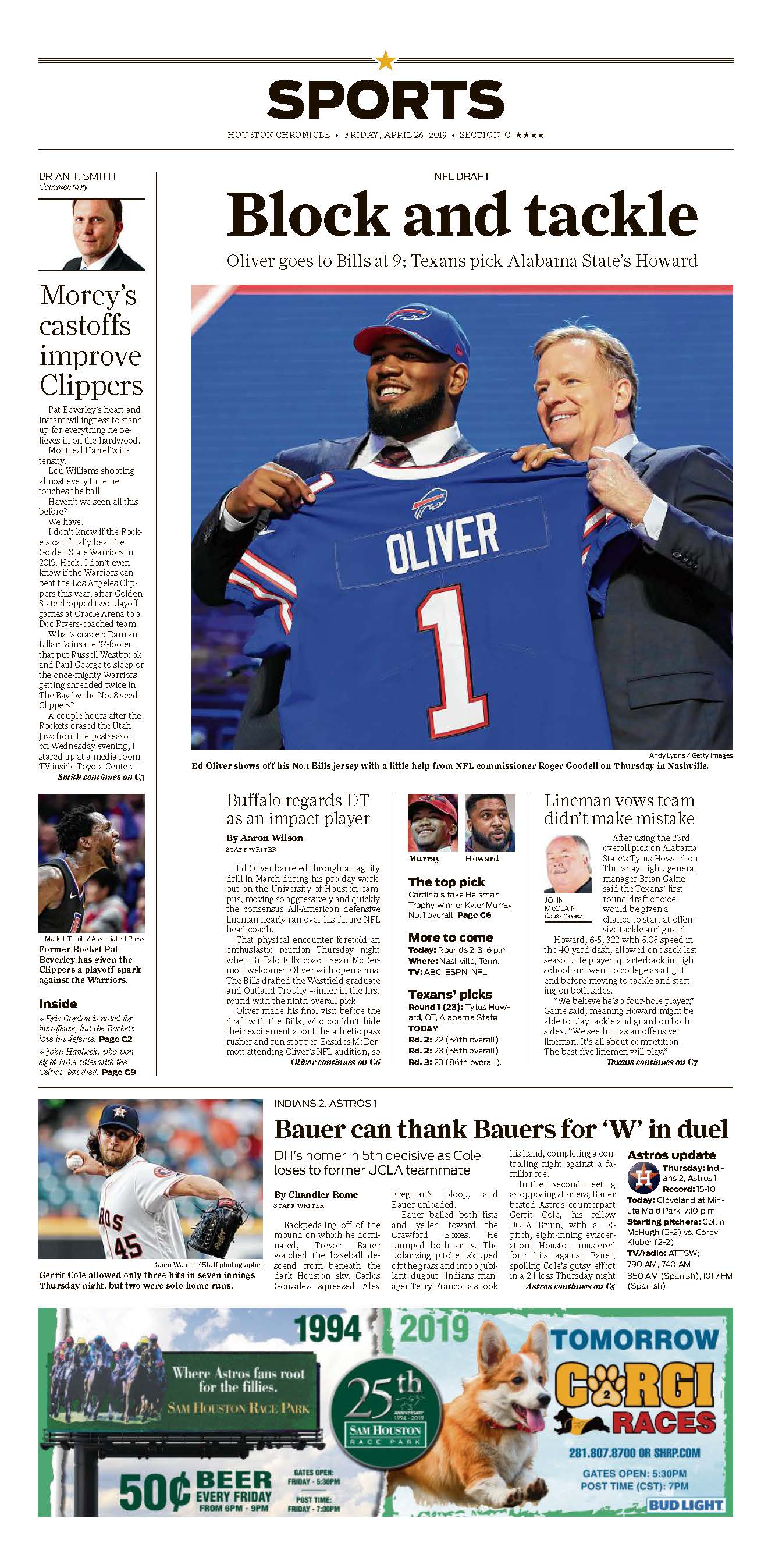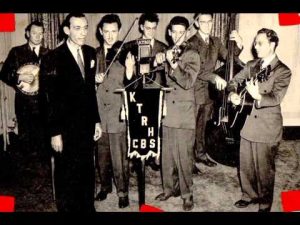 A friend of mine on Facebook found a video of the Village Boys who played hillbilly/swing music back in the 1940s. The photo used as the thumbnail for the video features several musicians and a very young Edward V. “Babe” Fritsch standing behind a KTRH microphone.
A friend of mine on Facebook found a video of the Village Boys who played hillbilly/swing music back in the 1940s. The photo used as the thumbnail for the video features several musicians and a very young Edward V. “Babe” Fritsch standing behind a KTRH microphone.
I went to work for KTRH in 1981 as a studio producer/production assistant. Part of my duties included working with the station’s traffic department (the people who schedule the commercials). That was when I first meet Mr. Babe.
At first, Mr. Babe was simply terrifying. He was well into his 70’s and had no patience with anyone and yelled a lot. He was the kind of person you went out of your way to avoid, but then I got to know him through some of the older employees that worked there.
Back in those days, radio was not as volatile as today. Working your whole life at one radio station was very common and many employees developed life-long friendships. One such employee was Mary Vavasour. Mary was the station mom. Needed advice, Mary could help you. Had a little too much to drink at lunch (a common ailment for many sales executives then), Mary would tuck you in your chair behind your desk for a quick cat-nap.
Another gift of Mary’s was telling stories about the old days and the fun they had. There was announcer named Bill Zak who would always tease Mary about this and that. One day, Mary put on black makeup under her eye. When Bill asked what happened, she told him sobbingly that her husband hit her because he thought she was flirting with Bill. According to Mary, Bill’s face hit the floor and she burst out laughing knowing that she finally got even with him.
Mary also shared stories about Mr. Babe and that’s when I learned who the man I worked with and was terrified of, really was.
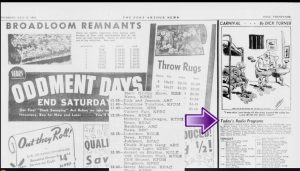 Back in the day (the 1940s), Mr. Babe was the host of a radio program called “Hillbilly Bandwagon” (Lily Bunyard who was the longtime receptionist for KTRH/KLOL remembered listening to the program as a young girl). The program was only 15 minutes long (quite common back in those days) and would feature various local and national acts.
Back in the day (the 1940s), Mr. Babe was the host of a radio program called “Hillbilly Bandwagon” (Lily Bunyard who was the longtime receptionist for KTRH/KLOL remembered listening to the program as a young girl). The program was only 15 minutes long (quite common back in those days) and would feature various local and national acts.
In addition to being the host, Mr. Babe was also credited with writing several songs including “Baby I Ain’t Satisfied”, “I’m Doin’ a Peach of Job (with a little Peach down in Georgia” and “Honey, Honey, Honey”.
One day, Mr. Babe told me how the local movie theater had someone who played the organ between shows. He son ended up in some band that started with a z (that being Billy Gibbons of ZZ Top). I was also told that Mr. Babe helped bring a very young Elvis Presley to Houston because of his connections.
Mr. Babe was a character to the very end. One day, he was leaving work carrying a brown paper bag. When I asked what was in the bag he said underwear. He was returning them because the person sold him a pair that was too tight. He said every time he farted, his hat came off!
Mr. Babe also used to like to walk through the newsroom asking the young ladies if they wanted to run away to Mexico with him saying you’ll never leave the room (obviously not very PC, but they never seemed offended). They would usually giggle and say Oh Mr. Babe, you are too much!
I remember a female sales executive coming to me crying once because Mr. Babe yelled at her. I explained that Mr. Babe yells at everyone because he’s going deaf!
One day when Mr. Babe didn’t show up to work, Mary Vavasour went to check on him and found he had passed away. He didn’t have any close family, but before his funeral, one of his nephews came to gather his belongings we collected from his desk which included sheet music of songs Mr. Babe had written. His nephew was amazed to learn about his past. He told me the one thing he remembered about visiting his uncle was that the radio was always on and tuned to KTRH every time. I don’t know if this true, but was told it was in Mr. Jones’s (the person who owned the station) will hat Mr. Babe would be allowed to work at KTRH for as long as he wanted.
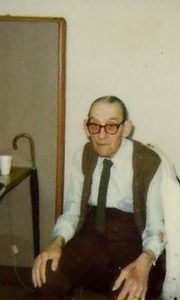 Looking back, I wonder what Mr. Babe thought of us. Our sister station (KLOL) was very outrageous and I am sure we all must made his head spin. I wish I would have talked to him more about the old days. Later, Bill Zak, another longtime KTRH employee shared stories with me from when they broadcast from the Rice Hotel which I still savor to this day and cherish those memories of “the good old days”.
Looking back, I wonder what Mr. Babe thought of us. Our sister station (KLOL) was very outrageous and I am sure we all must made his head spin. I wish I would have talked to him more about the old days. Later, Bill Zak, another longtime KTRH employee shared stories with me from when they broadcast from the Rice Hotel which I still savor to this day and cherish those memories of “the good old days”.



